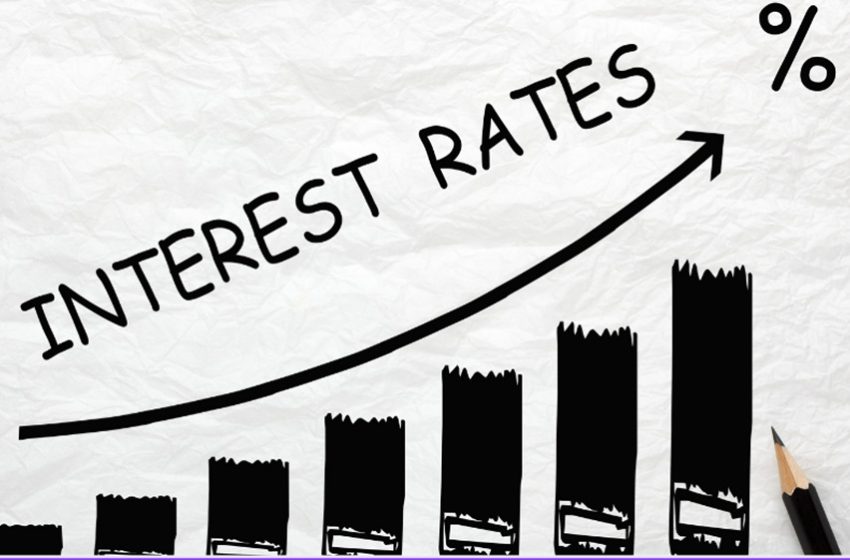5 Factors That Influence Interest Rates in Private Mortgage Deals

When considering a mortgage loan, it is essential to grasp the factors that influence interest rates in order to make the best financial decision possible. For those who may be unfamiliar with alternative lending options, a private mortgage can offer borrowers a more customizable and flexible solution. In this article, we will discuss the various factors that impact interest rates in private mortgage deals and why it is important to understand their effects.
1. Creditworthiness
In general, the borrower’s credit score is crucial in determining interest rates for a mortgage loan. Private lenders tend to place a lot of emphasis on creditworthiness, although some may be more lenient than banks or traditional lenders. A lower credit score can result in higher interest rates, as the private lender may perceive a higher risk in lending to the borrower.
2. Loan-to-Value (LTV) Ratio
Another factor that impacts interest rates in private mortgage deals is the loan-to-value ratio. This is the percentage of the property’s appraised value that the borrower is seeking to borrow. A higher LTV ratio implies that the borrower has a smaller down payment and may be borrowing more money, which often leads to higher interest rates as the private lender has to assume more risk.
3. Property Type and Location
Interest rates may also be influenced by the type and location of the property financed. Private lenders often have specific preferences or restrictions on the types of properties they are willing to finance. For example, the interest rate for a commercial property may be higher compared to residential property loans. Also, properties located in areas with slower real estate markets may carry higher interest rates due to the perceived risk associated with these hard-to-sell areas.
4. Loan Term and Amortization Period
The duration of the loan and its amortization period can also affect interest rates. Short-term loans typically come with higher interest rates, as private lenders want to ensure a higher return on their investment. Similarly, loans with longer amortization periods often carry higher interest rates because borrowers end up paying more interest over the life of the loan.
5. Market Trends and Economic Conditions
Lastly, broader economic factors can impact interest rates in private mortgage deals. For instance, a strong economy may bring an increased demand for real estate, leading to higher interest rates. Conversely, in periods of economic uncertainty, interest rates may decline due to lower demand for mortgage loans.
Ultimately, understanding these factors can help borrowers make informed decisions and secure more favorable terms for their mortgage loan. Remember that there are many benefits of mortgage loan from a private lender but to get the best deal, it is crucial to have a thorough understanding of how interest rates are determined. By working closely with a reputable private lender and considering these influencing factors, borrowers can find the right mortgage solution that meets their needs and financial goals.